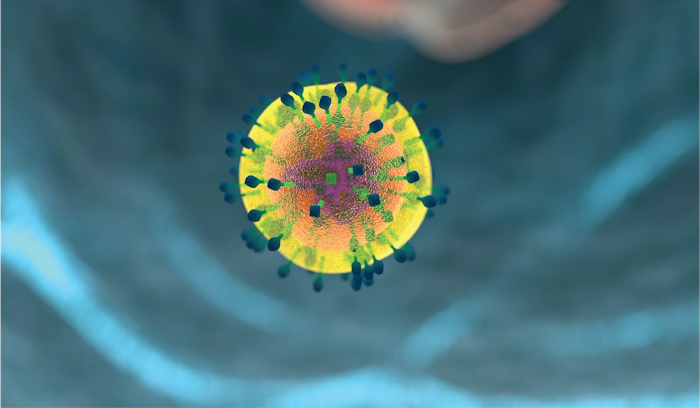Evaluating the Landscape of Compound Heterozygous Variants in Pediatric Diseases
Email Principal Investigator

Stephen Piccolo
CBTN Data
CBTN Participants
Backer
Internal funding
About this
Project
In most children who are diagnosed with brain tumors, the underlying cause is unknown. It is likely that in some cases, inherited DNA mutations may contribute to the development of pediatric brain tumors. DNA mutations are permanent changes in a DNA sequence. Mutations range in size, anywhere from a single DNA building block (base pair) to a large segment that includes multiple genes. Unfortunately, researchers have only been able to find evidence for DNA mutation in few pediatric brain tumor types and there is an urgent need to identify such mutations. Using datasets from the Pediatric Brain Tumor Atlas, researchers seek to identify inherited mutations in pediatric brain tumors and other pediatric diseases. They will also perform a cross-disease analysis to determine whether certain mutations commonly affect the same genes and pathways across these diseases. This comprehensive research will be carried out in an effort to improve diagnostics and therapies.
Ask The
Scientists
What are the goals of this project?
Researchers are working to identify inherited mutations that are connected to pediatric brain cancers in an effort to better understand the cause and development of brain tumors.
What is the impact of this project?
The analysis carried out in this research could deepen the understanding of pediatric brain cancer development and its connection to birth defect diseases, paving the way for better diagnostics and therapies.
Why is the CBTN request important to this project?
The comprehensive and unique datasets available through the Pediatric Brain Tumor Atlas provide researchers with the data necessary to complete this project.
Specimen Data
The Children's Brain Tumor Network contributed to this project by providing access to the Pediatric Brain Tumor Atlas.
Institutions
related

